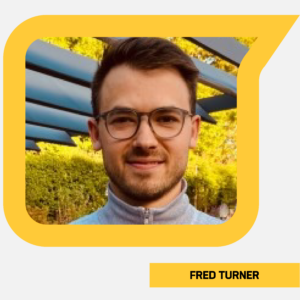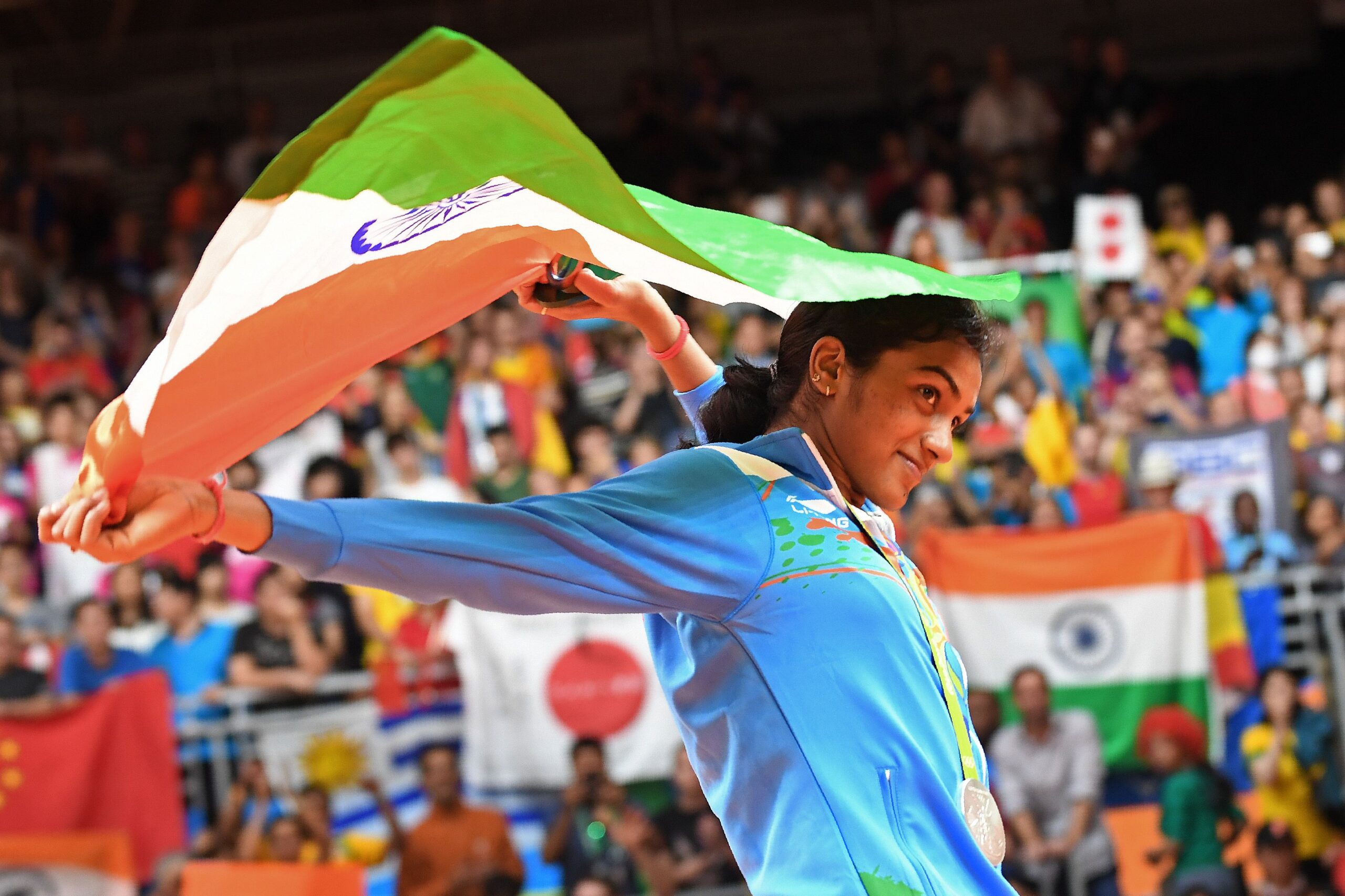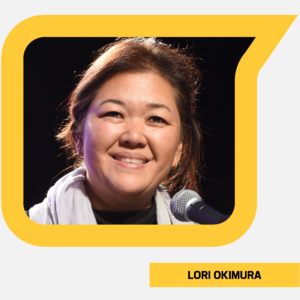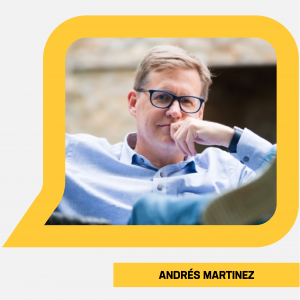GSM Live Insights: Can Sport Save the World?
Humans of different cultures and backgrounds from all around the world have found connection through sport as a globalized commodity.
But even though connectivity through globalized sport has brought unity and diplomacy to the world, the negatives may be starting to outweigh the positives. With athletes facing criticism over their activism and financial costs skyrocketing, globalized sport as a whole can feel unbalanced.
“How can we continue to utilize sport to create change, especially when it comes to preventing abuses of the people involved?”
Lori Okimura, sitting volleyball official at the Tokyo 2020 Paralympic Games and former board chair of USA Volleyball, sees athletes as vital to being change agents on a global scale. Okimura believes that the rise in athlete voice is imperative to stopping abuse and behaviors that too often can go unchecked or unreported. Furthermore, the role of sport on a world stage like the Olympics has become more than just about medal counts, it’s a test to see how safeguarding participants can be possible in a pandemic. Okimura shares that through globalized sport, athletes and participants at any stage have the opportunity to see change and implement those changes in their own communities.
“I think it’s very important that we remain connected through the grassroots level…there is a need for regulation to maintain the integrity and solidarity down the pyramid.”
Andrés Martinez, professor at the Cronkite School at Arizona State University and the editorial director of Future Tense, sees greater need for accessibility and interconnectedness from professional leagues to recreational and youth sport. As billions of dollars are poured into large-scale events and commercialization continues to grow, he points out that there is an opportunity to invest those dollars back into lower level sports which are developing professional and non-professional athletes. Martinez notes, as an example, Manchester City developing soccer fields in Mexico, as a step forward to supporting athletes and communities more holistically.

“You have to take a stance and you have to be active within this space.”
Fred Turner, executive director at Beyond Sport, shares his perspective of the relationship between those playing sport, consuming sport, and professional organizations managing sport. Turner notes that the demand for better equality from fans and players alike will only continue to rise and for-profits and larger organizations in the sports world must make the choice to meet these new expectations – that they have a responsibility to do so.
More from our August Digital Issue: The Risk & Reward of Globalized Sport
VIEW FULL ISSUE
Eric Legg, professor with the School of Community Resources and Development at Arizona State University leads an insightful discussion with panelists Lori Okimura, Fred Turner and Andrés Martinez discussing the role sport globalization plays in today’s world where interconnectedness can be both a detriment and a tool for development.




